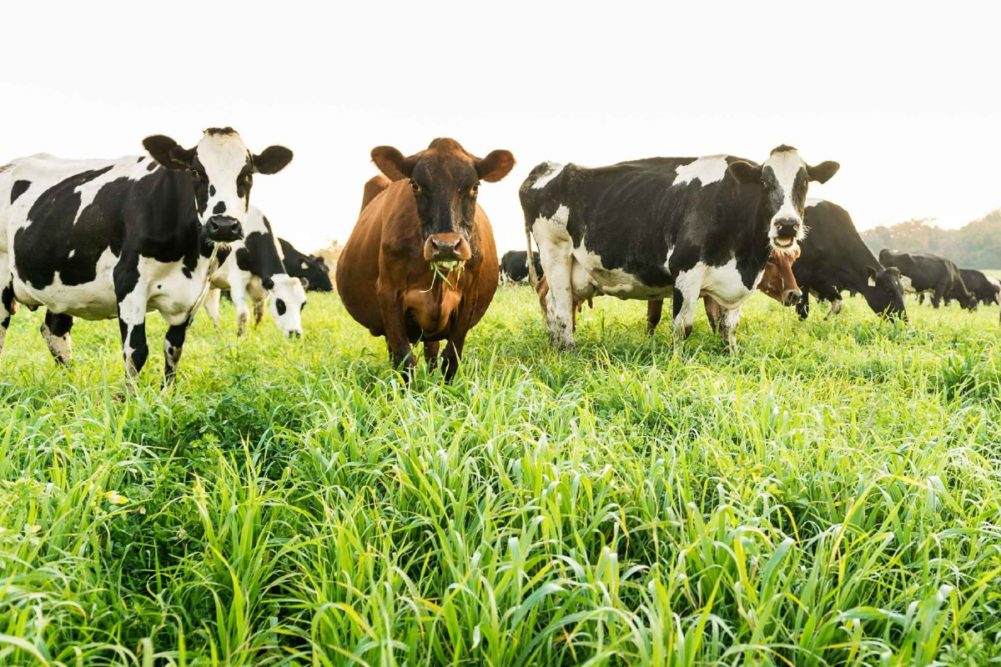LA FARGE, WIS. – Organic Valley this week began working with a number of technical partners to lower on-farm emissions at organic dairy farms as a step to combat climate change.
The project, developed to sequester carbon with an insetting program, is supported by Stonyfield and Nancy's Probiotic Foods, and doubling in size as the result of a US Department of Agriculture Climate-Smart Commodities grant.
Organic Valley shared that its carbon insetting program focuses on helping farmers expand grazing areas for dairy cows, while also increasing carbon sequestering capability within grazing practices.
The cooperative said its program also incentivizes farmers to sequester more carbon by planting new trees on their farms, through practices such as silvopasture, riparian forest buffers, windbreaks, hedgerows and alley cropping.
Additionally, the program focuses on methane reduction practices, such as enteric feed supplements and changes to manure management with dry storage and composting.
Stonyfield senior director of sustainability and government affairs Britt Lundgren said the organic yogurt maker’s efforts to reduce agriculture’s climate impact have been ongoing for decades.
“We've always believed that business should be a force for good and that we can make more of a positive impact on climate when businesses join forces,” Lundgren said. “We've chosen to source milk from Organic Valley for over 25 years because of their shared commitment to family farms and sustainability, so we were eager to help support them in securing the USDA Climate-Smart Commodities grant for their industry-leading program.”
Stonyfield will further support the carbon insetting program with funding.
“We see supply chain partnerships like this one with Organic Valley as critical to meeting Stonyfield's science-based target for emission reduction,” Lundgren said.
Nicole Rakobitsch, Organic Valley’s director of sustainability, said the program is not only about adapting to climate change, but also leading the industry with an example of how dairy can be part of the solution.
"With the support of our partners and the USDA, we're bringing groundbreaking innovation to our organic farming model that has already proven to be successful in reducing our carbon footprint,” Rakobitsch said.
An Organic Valley farmer based in Wisconsin, Chris Wilson, said the carbon insetting program takes his family farm’s sustainability commitment to another level.
“We're not just milking cows and growing crops — we're working to build a healthier planet," Wilson said. "We've seen it firsthand, the bees, butterflies and birds calling our farm home. It's a healthy place."

